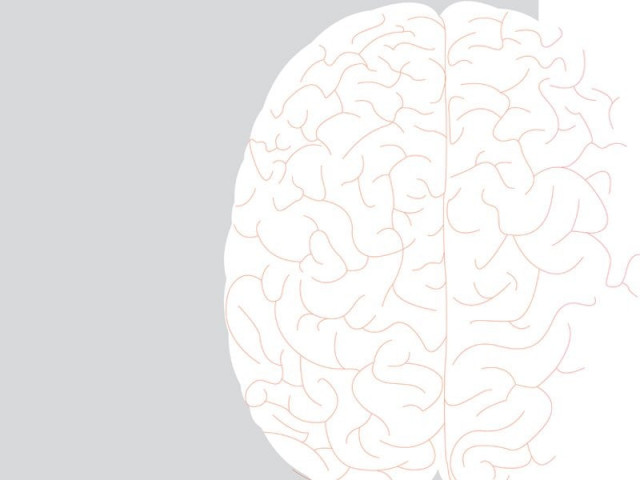Epilepsy: A recurring battle
The right diagnosis and care can help epileptic patients lead a fulfilling life.

The right diagnosis and care can help epileptic patients lead a fulfilling life. DESIGN: TALHA AHMED KHAN
According to the World Health Organization, around fifty million people worldwide have epilepsy, a neurological condition that results in recurring seizures. When the brain experiences a brief and temporary disturbance of electric activity, too many nerve cells being fired simultaneously in an uncoordinated manner, it scrambles one’s thoughts, feelings and movement. And once a patient has a seizure, there is a higher likelihood of another.
Childhood seizures with fever and a family history of epilepsy are the two most important predictors for developing epilepsy. Some people have episodes that may resemble a seizure, but after further investigation are found not to be epileptic in origin. These seizure-like behaviours are mostly emotionally generated. Thankfully, not all forms of epilepsy are lifelong conditions with some being confined only to childhood.
There is so much that is still not known about seizures but a diagnosis can at least establish whether one has epilepsy or not. This requires thorough history-taking, complete physical examination, blood work, Magnetic Resonance Imaging (MRI) and electro-encephalograms (EEG). The diagnosis must be clinical to find any anatomical or other pathological processes that may be causing the seizure. In a study titled “Epidemiology of Epilepsy in Pakistan” published in the 2003 Journal of Pakistani Medical Association, researchers found that the country’s rural population has almost double the number of epileptic patients with children forming a majority. Unfortunately, less than one in four receive any treatment.
Once the diagnosis is established, patients need to be put on medications to control the next possible seizure. Compliance with medication is extremely important as surgery is reserved for treatment-resistant cases despite its success rate. And with the looming threat of developing other psychiatric conditions such as anxiety, depression, attention-deficit/hyperactive disorder and autism, it is important that parents opt for immediate treatment.
Uncontrolled epilepsy can seriously impair personal, social and professional functioning, and can lead to serious injury or even death. Patients with uncontrolled seizures should avoid driving and working on heavy machinery for their own safety and that of others. “He wants to get his driver’s license now. I am worried about his safety [and] it is causing a conflict. I want him to be medically stable before he can get behind the wheel,” says a concerned father about his son’s battle with epilepsy.
While driving is one of the primary concerns for epileptic patients, others involve societal concerns. “She is a girl and one day she has to get married. If her epilepsy continues, then we will not be able to find her a good match,” expresses a worried mother. Unfortunately, there is a strong stigma attached to epilepsy in the country and unless there is awareness about treatment and control, the losing streak for many patients will continue.
Assistance during a seizure
If someone is having a fit, try to stay calm. Help the patient lie down in a safe place and try to place a blanket or jacket gently under their head to prevent injury. Make sure the patient is not fed anything, including water, until he or she becomes fully conscious. Also, do not try to hold or restrain the patient. Take notes of the length of the seizure, movements of the body and associated injuries as this may prove to be very useful medical information and should be communicated to the treating physician.
Hassan Majeed is a child and adolescent psychiatry fellow at the Long Island Medical Center, New York.
He tweets @HassanMajeedMD
Published in The Express Tribune, Sunday Magazine, January 5th, 2015.



















COMMENTS
Comments are moderated and generally will be posted if they are on-topic and not abusive.
For more information, please see our Comments FAQ